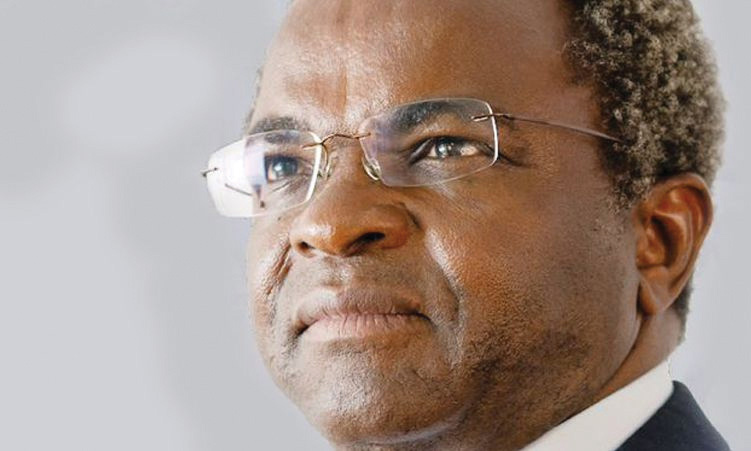PARIS – The OECD offered an optimistic assessment on Tuesday of prospects for world’s leading industrialised economies, raising its projections in Japan and the eurozone and concluding that momentum had been only marginally hampered by a spike in oil prices.
The Organisation for Economic Cooperation and Development in its latest economic outlook study shaved its forecast for US growth to 4,3 per cent this year from a forecast of 4,7 per cent issued in June. But Japan was set to grow by 4,4 per cent, rather than three percent, while in the 12-nation eurozone the economy would likely expand by two percent instead of 1,6 per cent.Individual figures for other big economies were: Germany 1,7 per cent revised up from 1,1 per cent, Britain 3,4 per cent up from 3,1 per cent, France 2,7 per cent from two per cent and Italy 1,3 per cent from 0,9 per cent.”The momentum of the recovery projected in our Spring Economic Outlook has been only marginally dented by higher-than-assumed oil prices,” OECD chief economist Jean-Philippe Cotis told a press briefing.He said the turnaround “continues to unfold as foreseen,” with gross domestic product in the six largest OECD member economies – the United States, Germany, France, Italy, Japan and Britain – likely to reach an annual rate of 3,5 per cent in the second half of the year.While rising oil rates had exerted some upward pressure on inflation, their impact on core prices – which usually exclude food and energy – and wages was limited.US consumer confidence has been affected by lacklustre job growth but has still managed to remain close to its historical average.At the same time, he said, US companies had made good use of a prolonged period of low interest rates, shoring up their balance sheets and boosting profits.Cotis said that while growth in Asian powerhouses Japan and China had slowed from the brisk pace seen in early 2004.-Nampa-AFPBut Japan was set to grow by 4,4 per cent, rather than three percent, while in the 12-nation eurozone the economy would likely expand by two percent instead of 1,6 per cent.Individual figures for other big economies were: Germany 1,7 per cent revised up from 1,1 per cent, Britain 3,4 per cent up from 3,1 per cent, France 2,7 per cent from two per cent and Italy 1,3 per cent from 0,9 per cent.”The momentum of the recovery projected in our Spring Economic Outlook has been only marginally dented by higher-than-assumed oil prices,” OECD chief economist Jean-Philippe Cotis told a press briefing.He said the turnaround “continues to unfold as foreseen,” with gross domestic product in the six largest OECD member economies – the United States, Germany, France, Italy, Japan and Britain – likely to reach an annual rate of 3,5 per cent in the second half of the year.While rising oil rates had exerted some upward pressure on inflation, their impact on core prices – which usually exclude food and energy – and wages was limited.US consumer confidence has been affected by lacklustre job growth but has still managed to remain close to its historical average.At the same time, he said, US companies had made good use of a prolonged period of low interest rates, shoring up their balance sheets and boosting profits.Cotis said that while growth in Asian powerhouses Japan and China had slowed from the brisk pace seen in early 2004.-Nampa-AFP
Stay informed with The Namibian – your source for credible journalism. Get in-depth reporting and opinions for
only N$85 a month. Invest in journalism, invest in democracy –
Subscribe Now!










